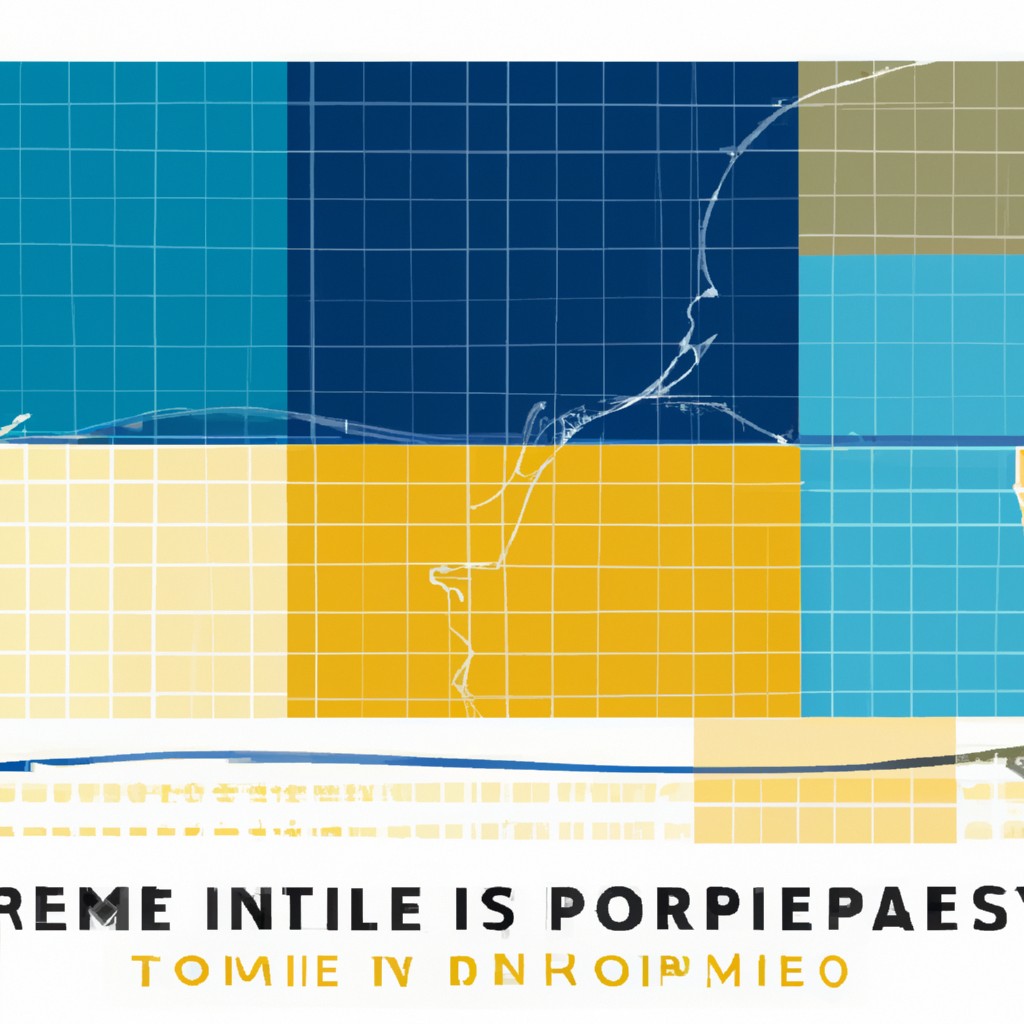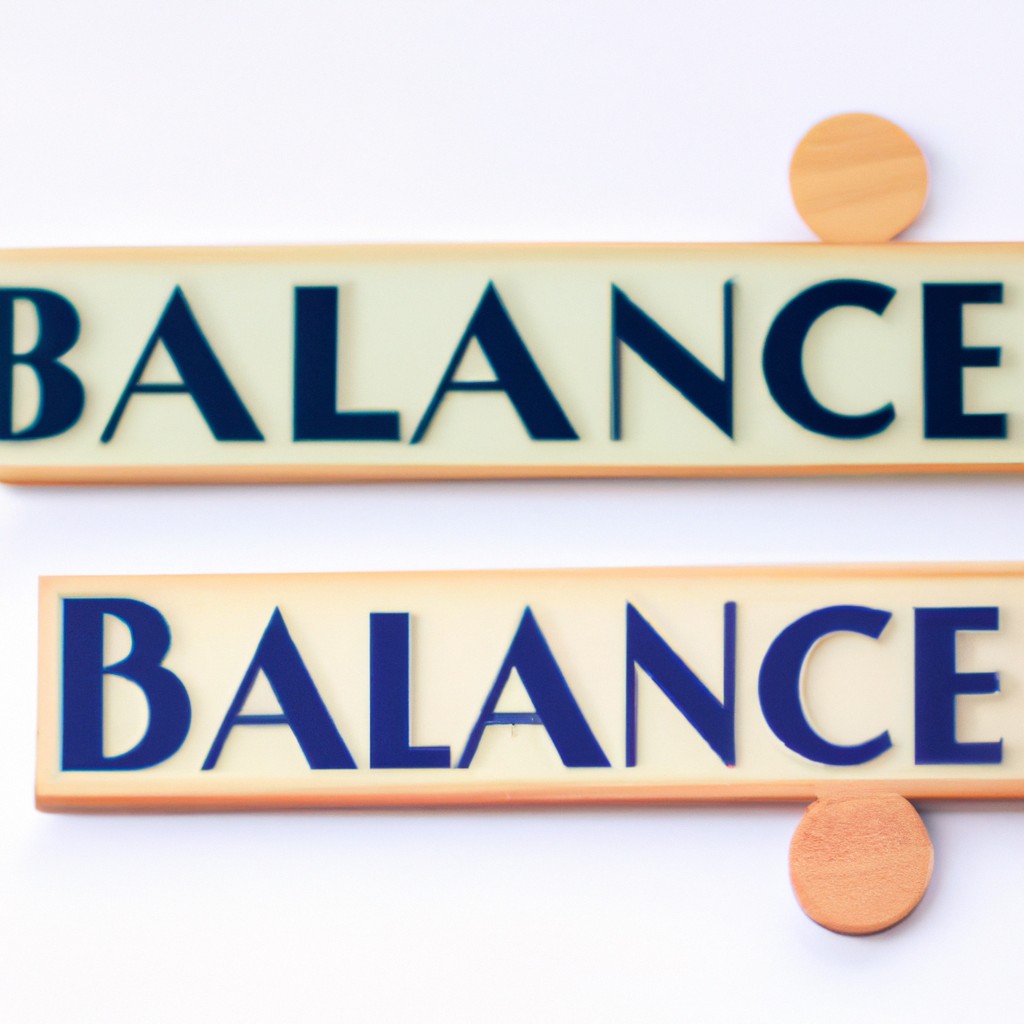Alternatives to Gini coefficient

While the Gini coefficient is widely used to measure income inequality, there are other methods available. Researchers explore diverse approaches like the Palma ratio, which compares the income share of the top 10% to the bottom 40%. Another alternative is the 80/20 ratio, focusing on how much of the national income the top 20% earn. The Atkinson index is also meaningful, emphasizing income distribution among different sections of society. These alternatives offer valuable insights into inequality beyond the limitations of the Gini coefficient. Each method has its strengths and weaknesses, providing a more comprehensive understanding of economic disparities.
Read more
Criticisms and alternatives to capitalism

Critics argue capitalism prioritizes profit over people, leading to income inequality and social injustices. Some propose socialism as an alternative economic system, emphasizing collective ownership and wealth distribution. However, others suggest a hybrid model combining capitalist entrepreneurship with socialist welfare policies. Supporters of capitalism highlight its efficiency in fostering innovation and competition, driving economic growth and individual prosperity. Still, concerns persist about environmental degradation and exploitation of labor under capitalism's pursuit of unlimited growth. Addressing these criticisms requires a careful reconsideration of the balance between free market principles and societal well-being, aiming for a more sustainable and equitable economic future.
Read more
potential alternatives to minimum wage adjustments

Potential alternatives to minimum wage adjustments include enhancing skills through professional development programs and promoting job-specific training. Another option is implementing tax incentives for employers to increase wages voluntarily. Additionally, creating subsidies for businesses to support wage increases could be a viable solution. Furthermore, focusing on improving job stability and career advancement opportunities might address the issue effectively. Encouraging companies to provide additional benefits such as healthcare and paid leave can enhance employee satisfaction. Overall, exploring diverse strategies beyond minimum wage hikes could lead to sustainable and inclusive economic growth. These alternative approaches offer promising ways to uplift workers and foster long-term prosperity.
Read more
Alternatives to progressive taxation

Alternatives to progressive taxation include regressive taxation, where lower-income individuals pay a higher percentage of their income compared to higher-income individuals. This approach is often critiqued as it places a greater burden on those who can afford it the least. Another alternative is a flat tax, where everyone pays the same percentage of their income regardless of their earnings. While this may appear fair, it can disproportionately impact lower-income individuals who rely heavily on their income for daily necessities. An alternative approach is a consumption tax, where taxes are based on spending rather than income. This system can promote savings and investment while reducing the burden on lower-income individuals.
Read more
Alternatives to Theil index

The Theil index is a widely used measure of income inequality. However, there are alternative indices available. One such alternative is the Gini coefficient, which measures inequality by comparing the distribution of income to a perfectly equal distribution. Another option is the Atkinson index, which incorporates individual preferences for inequality. The Sen and Sen-Shorrocks-Thon index also provide alternatives, taking into account poverty and inequality simultaneously. Each alternative index has its strengths and weaknesses, and the choice of which one to use depends on the specific context and goals of the analysis. It is important to consider multiple measures of inequality to ensure a comprehensive understanding of the distribution of income in a given society.
Read more












